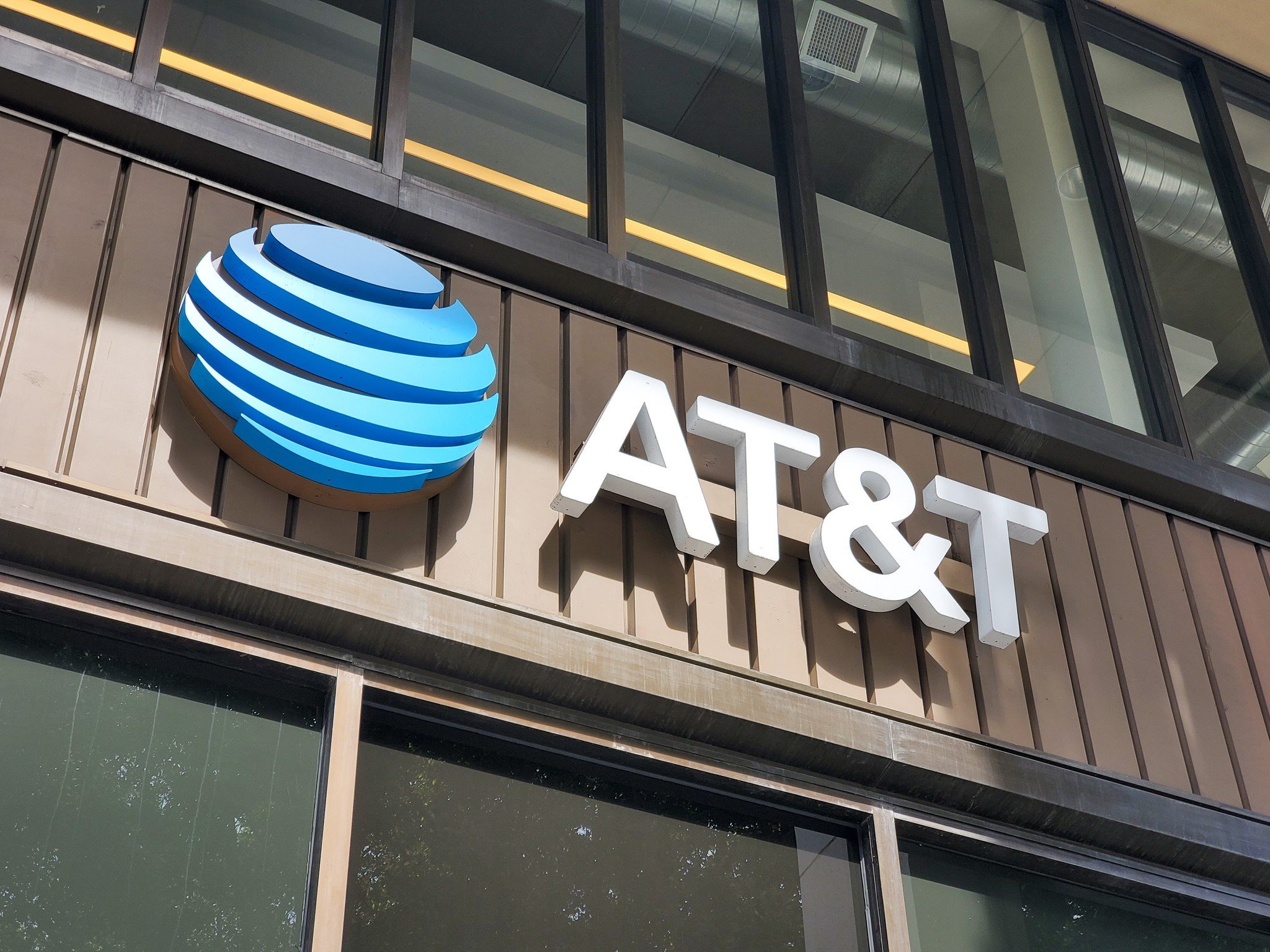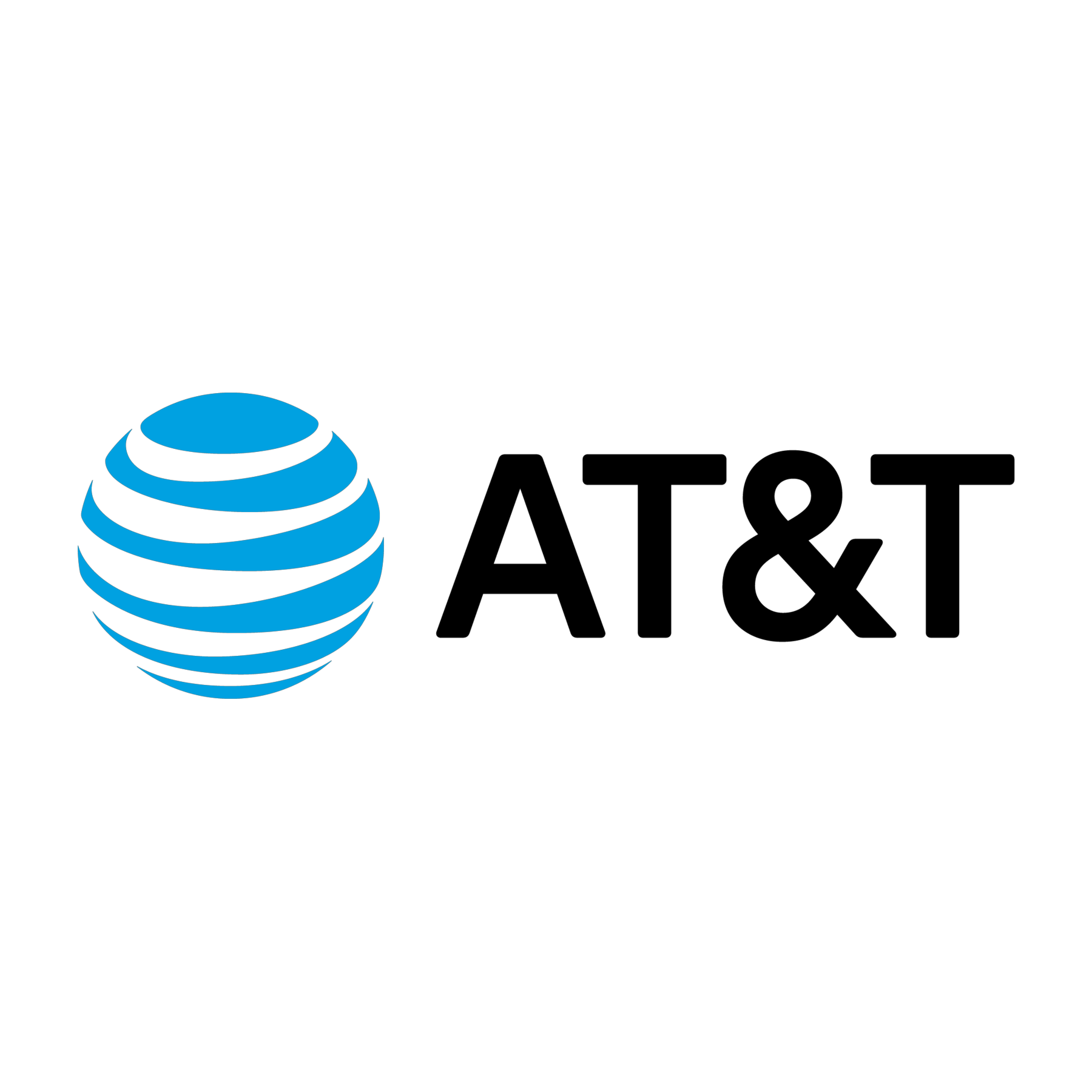Microsoft announced at the end of June 2021 that it would take over running AT&T's mobility network on its Azure for Operators cloud platform, as well as acquire AT&T's Network Cloud technology and talent. The company said that this move will allow AT&T to improve productivity and cost efficiency while focusing on delivering large-scale network services. In short, Microsoft will handle the backend to allow AT&T to focus on meeting customer's needs, starting with its 5G core.
For most of us, 5G is a slightly faster internet connection for our 5G phones when we're on the go. But to the companies building 5G networks, it represents an incredible investment that isn't quite paying the bills yet. The continued investment into 5G is driven by the potential for carriers to offer new services, enabled by the improved speed and latency of 5G networks and its impact on the Internet of Things.
Managed by the cloud
AT&T has been building its 5G network for years now, starting with the fast but limited millimeter wave (mmWave) 5G network. Many of us haven't even used mmWave 5G yet and there's a good reason for that. While very fast, mmWave has a much smaller coverage area than sub-6 5G or LTE; therefore, it must be built in a very deliberate way to offer coverage where it's needed most, with support from other connections like LTE and fiber. AT&T had to ensure its Network Cloud worked flawlessly whether you connected from a fiber optic connection, 5G, or even LTE. Now, that's Microsoft's job.
Microsoft's Azure for Operators cloud platform has been designed to handle the type of load managed by AT&T's Network Cloud on a larger scale. In 2020, Microsoft acquired Metaswitch Networks and Affirmed Networks with hundreds of engineers to bring telco DNA to its network. The new AT&T Network Cloud engineers Microsoft acquired will further expand its telecommunications abilities. This will allow Microsoft to expand its Azure for Operators service to many more companies around the world.
Why a cloud?
"Cloud" and "5G" are almost treated like flavor text by companies that need to spice up a product's appearance, but what does it really mean? The cloud is an interconnected set of data centers, connections facilities, and edge nodes that work together to put compute power and data as close to the customer as possible. This can increase data speeds and reduce latency while being flexible enough to work across the entire network.
Imagine that one city signs up for a video communication service on Microsoft's cloud network for its entire system but the nearest data center is thousands of miles away. While the main service can be deployed to the datacenter, important data can be cached on a much closer edge node and even some processing can be added with edge computing. It really comes down to the intelligent distribution of resources and flexibility.
5G has been designed with this in mind, with its faster speeds, greater capacity, and lower latencies allowing devices to offload to the cloud platform. As we continue to add millions of devices to the internet and expect the cloud to handle more data all the time, it makes sense to let a company like Microsoft handle the data since it can build at a much larger scale and offer services to many other companies, including telecommunications worldwide.
What does it mean for AT&T?
For AT&T, letting Microsoft take over the operation of its mobility service and Network Cloud can reduce its operating costs without giving up control of its network. AT&T will be able to work with Microsoft's engineers to develop and deploy services more quickly and efficiently than before. AT&T needs to be able to react very quickly to the needs of its customers as the world transitions more of its operations to the cloud.
AT&T will continue to build and improve its 5G network as well as offering services to customers. While Microsoft will be taking things over on the back end, when it comes to products and services, AT&T will stay in control. AT&T will also be able to focus on delivering service across fiber, LTE, and 5G, with reliable performance no matter how customers connect. AT&T Business is already offering cloud services like fleet and asset management and tracking, and this business is only set to increase as millions of devices are added to the Internet of Things.
What does it mean for Microsoft?
Microsoft isn't trying to become a telecommunications company or a mobile carrier. For Microsoft, adding AT&T's cloud technology and mobility network to its Azure for Operators network will allow it to quickly add the talent and technology needed to attract more carriers in a very cometitive market. AT&T's Network Cloud has been running AT&T's 5G network since it launched in 2018 and brings real-world 5G workloads to Azure. According to Windows Central, this deal is a serious revenue stream for Microsoft with $1 billion per year or more for Azure.
Furthermore, Microsoft will be able to offer its services to more telecommunications companies worldwide, both increasing 5G deployment speed and giving carriers greater access to new services.
Is this a positive thing for consumers?
In the short term, this doesn't mean much to AT&T customers. Microsoft will move AT&T's Network Cloud to Azure over the next three years starting with the 5G core. This doesn't mean AT&T customers will have access to any new towers; they'll still get the same 5G coverage as before. AT&T remains fully responsible for upgrading towers and building new ones as needed for 5G. While deployment is fairly rapid, we're years away from full coverage.
AT&T's plans might see some changes as the year goes on, thanks to improved access to services. Many of the best cell phone plans have been integrating more streaming services, including AT&T — which now bundles six months of Google Stadia with its Unlimited Elite plan. Stadia is a game streaming service that is much more sensitive to high latency and speed changes than video streaming. AT&T was able to work with Google to integrate this service into its network powered by Google's cloud services, which could demonstrate what's to come with Microsoft.
What about business customers?
Business customers stand to gain the most from all of this, as the majority of AT&T's current cloud services are focused on them. AT&T offers services like fleet tracking for shipping companies, as well as freight and asset tracking. AT&T also allows businesses to manage their devices from a central location. This will become more important as companies look to the cloud to make them more efficient and cost-effective in a more connected world.
AT&T 5G
AT&T Unlimited Elite
Plenty of data and AT&T's best streaming
This is the ultimate streaming plan with 100GB of premium data, HD streaming, HBO Max, and six months of Google Stadia Pro.
Source: androidcentral




